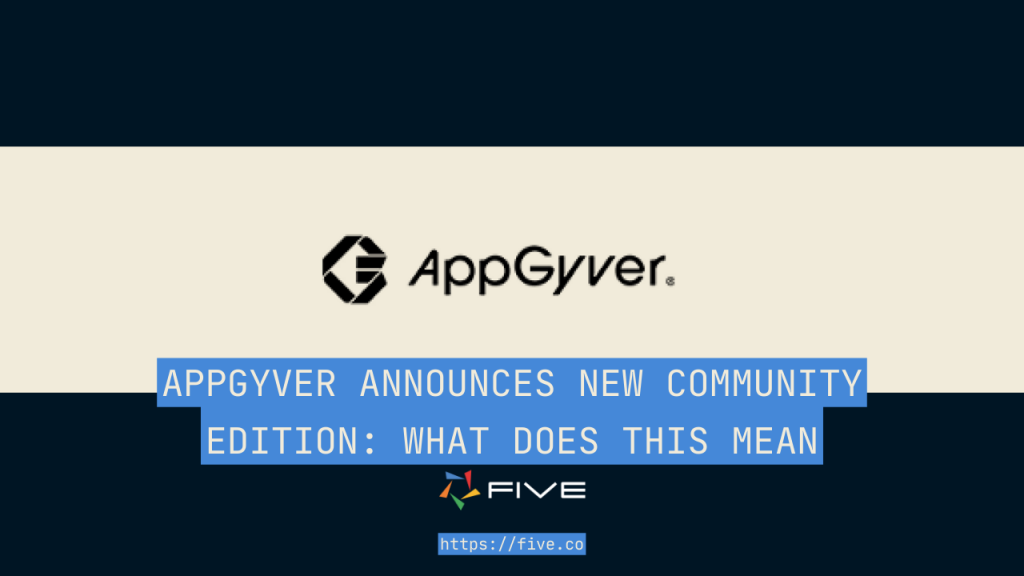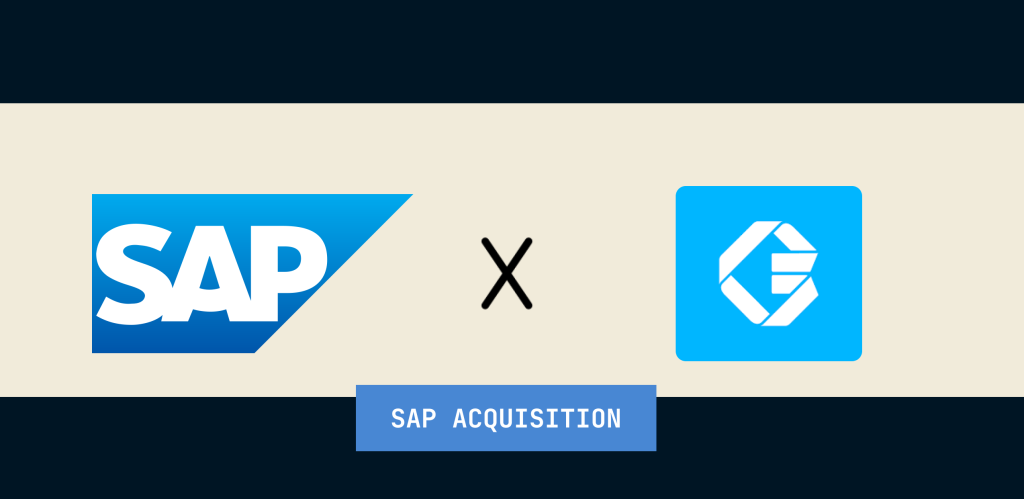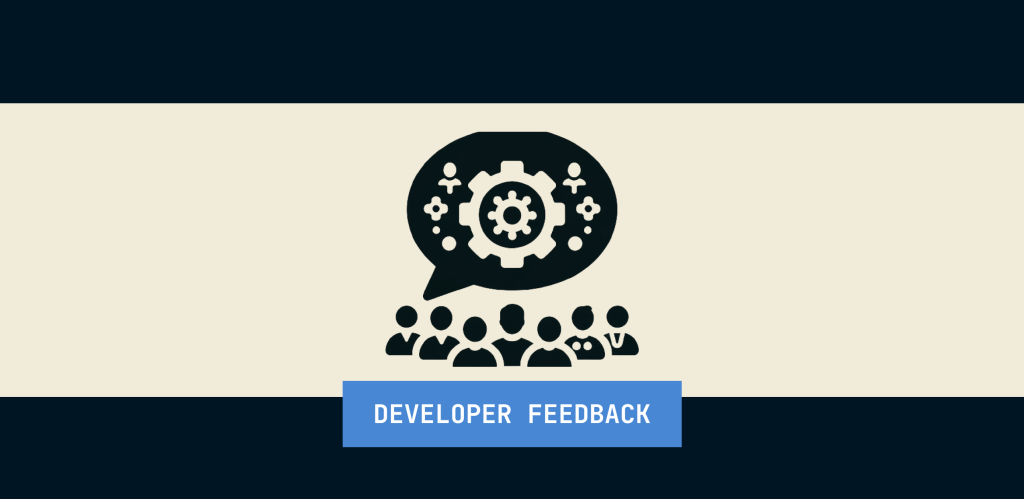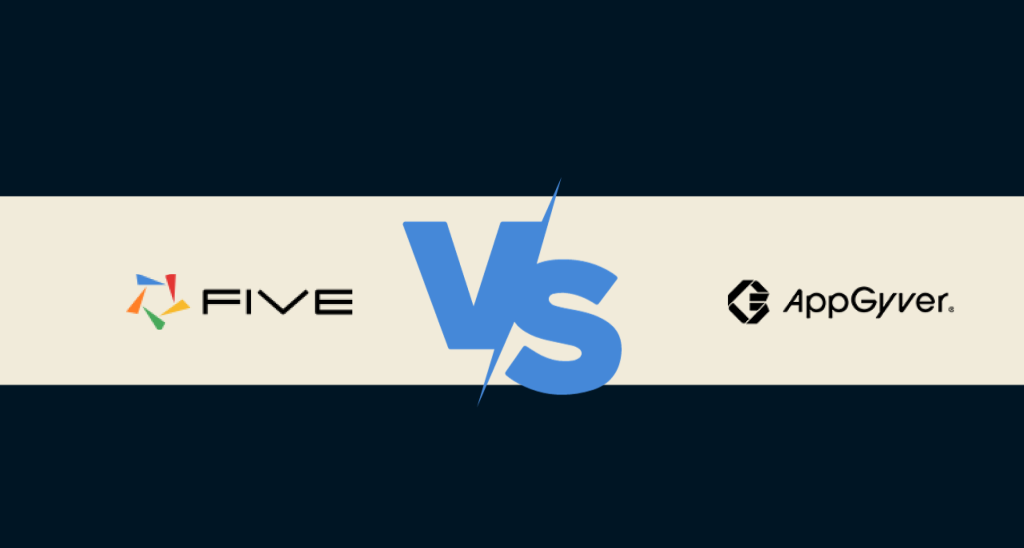AppGyver Announces New Community Edition: What Does This Mean

Since AppGyver’s acquisition by SAP, the no-code platform landscape has undergone a considerable shift and now the introduction of AppGyver’s new Community Edition marks another significant change. This move, while potentially beneficial in some aspects, raises substantial concerns among its community members, particularly about the future direction of AppGyver and the support for indie developers.
The SAP Acquisition

In the beginning, the developer community’s response to AppGyver’s acquisition by German ERP giant SAP, a company known for building large complex systems, was mixed. Some were optimistic, seeing this as an opportunity for much-needed expansion and growth of AppGyver.
After all, harnessing the expansive reach and resources of a company like SAP could mean exciting steps forward for AppGyver’s small tech team.
Benefits of AppGyver’s SAP Merger
- Expanded Reach: Aligning with SAP has enabled AppGyver to tap into a broader customer base. Many of the world’s largest companies run on SAP’s ERP systems, and for a small company like AppGyver, tapping into SAP’s customer base of large multinationals is a big step forward from its roots in the indie developer community.
- Additional Resources: The merger provided AppGyver with increased resources and support, setting the stage for enhanced product development. SAP employs more than 100,000 people globally and has some of the best R&D talent in the world.
- Stability and Credibility: There is a certain legitimacy and stability that comes from being part of a well-established, publicly-listed company like SAP, which solidifies AppGyver’s standing in the tech ecosystem and increases users’ confidence in the longevity of the platform.
However, not everyone viewed this merger with the same level of optimism.
Concerns Post-AppGyver’s SAP Merger
- Community Platform Changes: Several developers expressed concerns about modifications to the community platform. The alignment with SAP seemed to come with a greater emphasis on corporate policy, making the platform feel less community-centric.
SAP is known for its ERP systems, which are critical to business, but which few users would describe as user-friendly or community-driven. AppGyver, on the other hand, is a product popular with indie developers and small development agencies, who like the platform’s ease of use and intuitive UI. Bringing together an ERP and a low-code company creates its own set of challenges, and given the difference in size in the two companies (SAP has more than 100,000 employees. AppGyver has approximately 20), it’s clear which company sets the tone in the relationship. - High-level Business Direction: There were fears about key changes to AppGyver’s product roadmap and how SAP’s higher-level business strategies might impact the progression of the software.
Any acquisition by one company of another has its rationale. In SAP’s and AppGyver’s case, SAP presumedly acquired AppGyver in order not to miss out on the rapidly growing citizen developer and low-code industry.
After all, citizen development could threaten SAP’s core business: what if citizen developers start building their own, small business applications that gradually chip away from a larger ERP system? But citizen developers at large corporations are a very different clientele from AppGyver’s typical indie developer users. Will AppGyver be able to satisfy both types of users? - Increased Complexity: There was worry that the platform might become overly complex, straying from its user-friendly roots.
ERP systems are inherently complex. They are used to streamline complex business processes and rely on many integrations. For AppGyver to fit into the SAP technology landscape, it must be able to connect to the SAP’s existing software. This would almost certainly introduce additional complexity to the platform.
Developer Feedback: AppGyver Post-Merger

Developers have seen certain changes in the AppGyver platform that have sparked discussions and debates. While some see these changes as improvements, others regard them as setbacks.
Key Improvements Post-Merger
- Increased Feature Set: AppGyver has introduced additional features that have added functionality to the platform.
- Robust Support: With SAP’s guidance, AppGyver has been able to offer more robust support to the users. The response time has improved, and the quality of customer service has stepped up a notch.
Notable Setbacks:
- Overcomplicated Interface: Several developers have noticed a significant increase in the complexity of the platform’s interface, making it harder for beginners to get up to speed. This contradicts the spirit of no-code platforms being accessible to anyone willing to create.
- Shift from Community Focus: developers have noted that SAP’s influence has seemingly shifted AppGyver’s focus from being a community-driven platform to being more business-centric.
- Slow Product Progression: Some users reported a slowdown in product development, attributing it to SAP’s bureaucratic processes.
The New Community Edition
The new AppGyver Community Edition, now part of the SAP Build Apps landscape, introduces subtle yet noteworthy changes. Key updates include a new access URL, minor user interface adjustments, and maintained core functionalities for continuity. Notable changes include limited integration options in the Community Edition, potentially affecting complex application development.
The announcement of the new Community Edition has been met with mixed reactions on forums too. While some view this as a step forward, others are apprehensive about the pain points associated with such a transition such as:
Challenges in the Migration Process:
- Technical Hurdles: Migrating existing projects requires users to manually import each project into the new version.
- Learning New Systems: Adapting to the nuances of a new edition means a learning curve for developers.
- Errors: Some users even complained about getting an error when they tried creating an application in the newer version.
Community Impact of Changes
- Shift From User-Centric to Business-Oriented: The focus seems to have shifted more towards serving business needs rather than fostering a community-driven development environment.
- Loss of Familiarity: The sense of community, which was a cornerstone of the old platform, might diminish as the new system takes over.
- Feedback and Support Concerns: The responsiveness and quality of community support are critical factors that may face new challenges.
Exploring Alternatives: AppGyver vs. Five

AppGyver’s integration into SAP’s network has broadened its reach and resources. However, this growth comes with community concerns like increased interface complexity, a move towards a business-centric approach, and potential delays in product updates. The new Community Edition of AppGyver has also sparked discussions about its impact on the user base.
Five, as a low-code development platform, offers a unique blend of user-friendliness and advanced functionalities. It’s designed to cater to both novice and professional developers, emphasizing ease of use without compromising on the power and versatility needed for complex application development.
Here are some of Five’s unique advantages:
- User-Friendly Platform: Known for its intuitive interface, Five simplifies the development process, maintaining advanced functionalities.
- Community Engagement: Contrary to AppGyver’s post-acquisition trajectory, Five emphasizes community involvement and support.
- Robust Feature Set: It offers diverse features, including versatile data source connections, customizable business logic, responsive UI designs, efficient cloud hosting, and comprehensive user management.
Five: More Than a Front-End Builder
It’s crucial to highlight that Five is not limited to being just a front-end builder. It offers a comprehensive solution for creating entire applications, encompassing both the front-end and back-end aspects, including:
- Database Creation and Management: Five allows developers to build and manage databases integral to their applications, offering a fully managed MySQL database environment.
- One-Click Deployment: Applications built on Five can be deployed to the cloud seamlessly, with just a single click. This feature greatly simplifies the deployment process, especially for AWS hosting, making it accessible even to those with limited cloud experience.
Key Feature Comparisons
- Data Integration and Management: While AppGyver provides data source integrations, Five takes a step further with built-in database capabilities, enabling comprehensive application development from front to back end.
- User Interface: Both platforms offer responsive web app capabilities and customization. However, Five’s approach caters especially to those with limited front-end experience and creates a UI for you right out of the box.
- Community Support: AppGyver’s shift towards a more corporate model contrasts with Five’s commitment to a community-driven development environment.
- Ease of Deployment: Both platforms offer deployment solutions, but Five simplifies this process significantly with its one-click deployment feature.
Conclusion
The new Community Edition of AppGyver symbolizes the ongoing evolution in the no-code platform landscape after its SAP acquisition. While it offers certain advancements, the community’s apprehensions, particularly about the migration process and the shift in platform focus, cannot be overlooked.
Platforms like Five emerge as appealing alternatives, providing a balance between advanced features and maintaining a strong community spirit. For those feeling unsettled by the recent changes in AppGyver, exploring platforms like Five could open doors to new opportunities and a return to a more community-focused development experience.


